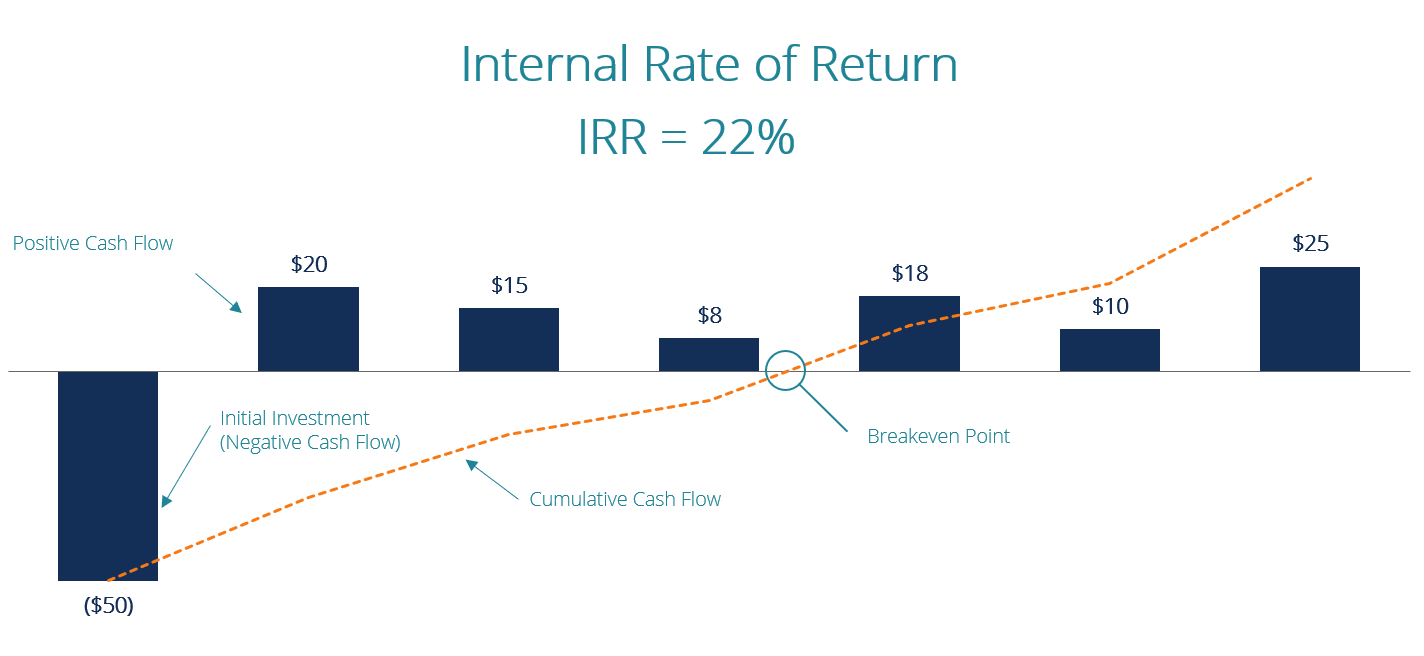Table of ContentsSome Known Details About What Are Derivative Instruments In Finance How What Do You Learn In A Finance Derivative Class can Save You Time, Stress, and Money.How Finance What Is A Derivative can Save You Time, Stress, and Money.Excitement About What Is A Derivative Finance Baby Terms
Nevertheless, if a stock's cost is above the strike price at expiration, the put will be worthless and the sellerthe alternative writergets to keep the premium as the option ends. If the stock's rate is below the strike price at expiration, the call will be worthless and the call seller will keep the premium.
These are called American-style choices, however their use and early workout are unusual. As the above examples illustrate, derivatives can be a beneficial tool for services and financiers alike. They supply a way to lock in costs, hedge versus undesirable movements in rates, and alleviate risksoften for a limited cost.
On the drawback, derivatives are tough to value due to the fact that they are based on the Additional info rate of another property. The risks for OTC derivatives consist of counter-party threats that are tough to anticipate or worth also. what do you learn in a finance derivative class. Many derivatives are likewise delicate to modifications in the amount of time to expiration, the expense of holding the hidden possession, and rate of interest.
Pros Lock in rates Hedge against danger Can be leveraged Diversify portfolio Cons Hard to worth Topic to counterparty default (if OTC) Complex to understand Conscious supply and demand factors Likewise, given that the acquired itself has no intrinsic valueits worth comes just from the underlying assetit is vulnerable to market belief and market risk - what is a derivative in finance examples.
Finally, derivatives are typically leveraged instruments, and utilizing utilize cuts both ways. While it can increase the rate of return it also makes losses install quicker. Lots of acquired instruments are leveraged. That indicates a percentage of capital is required to have an interest in a big amount of value in the underlying possession.
Financial instrument In finance, a derivative is a contract that derives its value from the efficiency of an underlying entity. This underlying entity can be an asset, index, or rate The original source of interest, and is often just called the "underlying". Derivatives can be utilized for a number of purposes, including insuring versus rate movements (hedging), increasing exposure to price motions for speculation or getting access to otherwise hard-to-trade properties or markets.
Our What Is A Derivative Finance Baby Terms PDFs
Most derivatives are traded over-the-counter (off-exchange) or on an exchange such as the Chicago Mercantile Exchange, while a lot of insurance coverage agreements have actually turned into a separate industry. In the United States, after the financial crisis of 20072009, there has been increased pressure to move derivatives to trade on exchanges. Derivatives are among the three primary categories of monetary instruments, the other 2 being equity (i.e., stocks or shares) and debt (i.e., bonds and home mortgages).
Bucket stores, forbidden in 1936, are a more recent historic example. Derivatives are agreements between 2 celebrations that specify conditions (specifically the dates, resulting worths and definitions of the underlying variables, the celebrations' legal commitments, and the notional quantity) under which payments are to be made in between the celebrations. The possessions include products, stocks, bonds, rates of interest and currencies, however they can also be other derivatives, which includes another layer of intricacy to appropriate evaluation.

From the economic point of view, monetary derivatives are money streams that are conditioned stochastically and marked down to present value. The market danger inherent in the underlying asset is connected to the monetary derivative through contractual agreements and for this reason can be traded separately. The hidden possession does not need to be gotten.
This also offers a significant quantity of liberty concerning the contract design. That legal liberty allows derivative designers to modify the participation in the efficiency of the hidden asset practically arbitrarily. Thus, the involvement in the market worth of the underlying can be efficiently weaker, stronger (take advantage of result), or carried out as inverted.
There are two groups of acquired agreements: the privately traded over-the-counter (OTC) derivatives such as swaps that do not go through https://diigo.com/0iopy4 an exchange or other intermediary, and exchange-traded derivatives (ETD) that are traded through specialized derivatives exchanges or other exchanges - what is derivative n finance. Derivatives are more common in the contemporary era, but their origins trace back a number of centuries.
Derivatives are broadly classified by the relationship in between the underlying asset and the derivative (such as forward, choice, swap); the type of underlying property (such as equity derivatives, foreign exchange derivatives, rates of interest derivatives, product derivatives, or credit derivatives); the marketplace in which they trade (such as exchange-traded or over the counter); and their pay-off profile.
What Is A Derivative Finance Things To Know Before You Buy
Lock items (such as swaps, futures, or forwards) obligate the contractual parties to the terms over the life of the contract. Option products (such as interest rate swaps) offer the buyer the right, but not the obligation to go into the contract under the terms specified. Derivatives can be utilized either for threat management (i.e.
making a monetary "bet"). This distinction is very important due to the fact that the previous is a prudent aspect of operations and financial management for many firms across numerous industries; the latter offers supervisors and financiers a dangerous opportunity to increase earnings, which might not be effectively revealed to stakeholders. In addition to lots of other financial items and services, derivatives reform is a component of the DoddFrank Wall Street Reform and Consumer Security Act of 2010.
To provide an idea of the size of the derivative market, has actually reported that as of June 2011, the over the counter (OTC) derivatives market amounted to around $700 trillion, and the size of the market traded on exchanges amounted to an additional $83 trillion. For the fourth quarter 2017 the European Securities Market Authority estimated the size of European derivatives market at a size of 660 trillion with 74 million impressive contracts.
For instance, in 2010, while the aggregate of OTC derivatives exceeded $600 trillion, the worth of the marketplace was estimated to be much lower, at $21 trillion. The credit-risk equivalent of the derivative contracts was estimated at $3.3 trillion. Still, even these scaled-down figures represent huge amounts of cash. For perspective, the spending plan for overall expenditure of the United States government during 2012 was $3.5 trillion, and the overall existing worth of the U.S.
On the other hand, the world annual Gross Domestic Product is about $65 trillion. A minimum of for one type of derivative, Credit Default Swaps (CDS), for which the inherent threat is thought about high [], the greater, nominal value stays appropriate. It was this type of derivative that investment magnate Warren Buffett referred to in his famous 2002 speech in which he warned against "financial weapons of mass destruction".
Derivatives are used for the following: Hedge or to mitigate risk in the underlying, by getting in into an acquired agreement whose value moves in the opposite direction to their underlying position and cancels part or all of it out Create choice ability where the worth of the derivative is linked to a particular condition or event (e.g., the underlying reaching a specific price level) Acquire direct exposure to the underlying where it is not possible to sell the underlying (e.g., weather derivatives) Provide take advantage of (or tailoring), such that a little motion in the hidden value can trigger a large distinction in the worth of the derivative Speculate and make a profit if the value of the hidden asset moves the method they anticipate (e.g.

Indicators on What Are Derivative Instruments In Finance You Should Know
For instance, an equity swap permits a financier to receive consistent payments, e.g. based on LIBOR rate, while avoiding paying capital gains tax and keeping the stock. For arbitraging purpose, enabling a riskless revenue by at the same time getting in into deals into 2 or more markets. Lock items are theoretically valued at no at the time of execution and hence do not usually need an up-front exchange in between the celebrations.
Importantly, either party is for that reason exposed to the credit quality of its counterparty and is interested in protecting itself in an occasion of default. Choice products have immediate value at the outset since they provide defined defense (intrinsic worth) over an offered period (time value). One typical kind of alternative item familiar to numerous customers is insurance coverage for houses and automobiles.